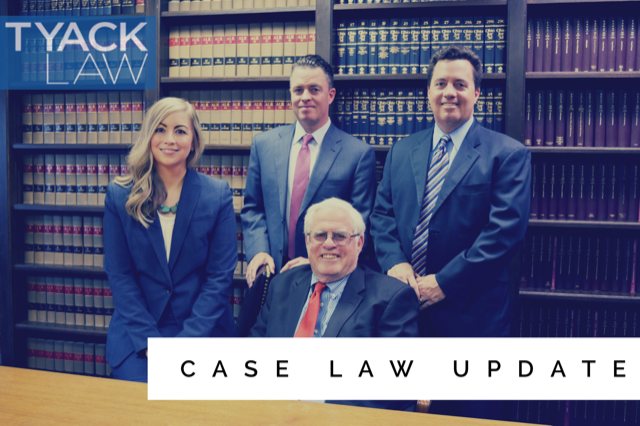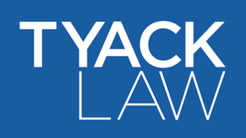
The Supreme Court ruled unanimously on February 20, 2019 in Timbs v. Indiana that the Constitution’s ban on excessive fines—as set forth in the Eighth Amendment—applies to state and local governments. This ruling strengthens individuals’ property rights by limiting the ability of states and municipalities to impose fines and seize property.
The Eighth Amendment states: “Excessive bail shall not be required, nor excessive fines imposed, nor cruel and unusual punishments inflicted.” While the prohibition on bail and cruel and unusual punishments have both been held to apply to state and local governments, the ban on excessive fines had not been expressly held to apply to the states prior to the Supreme Court’s decision in Timbs.
The case began in 2015 when Tyson Timbs was arrested after selling heroin to an undercover police officer. Upon his arrest, the police seized a Land Rover SUV Timbs had purchased with the proceeds of his father’s life insurance policy. After Timbs pled guilty to drug charges, the state sought civil forfeiture of Timbs’s vehicle, alleging that he had used to vehicle to transport the drugs for which he was convicted.
The trial court denied the state’s civil forfeiture request, observing that Timbs had recently purchased the vehicle for more than four times the maximum $10,000 monetary fine assessable against him for the drug conviction. Thus, the trial court concluded that forfeiture of said vehicle would be grossly disproportionate to the gravity of Timbs’s offense, and therefore unconstitutional under the Eighth Amendment’s Excessive Fines Clause. On appeal, the Indiana Court of Appeals affirmed the trial court’s decision.
However, the Indiana Supreme Court reversed the lower courts’ decisions on the grounds that the Supreme Court of the United States has never specifically held that the United States Constitution’s ban on excessive fines contained in the Eighth Amendment—which is part of the Bill of Rights—applies to the states. When the Bill of Rights—the first ten amendments to the United States Constitution—was ratified, it was originally interpreted as only applying to the federal government. After the Civil War, the Fourteenth Amendment to the United States Constitution was ratified, which bars states from depriving anyone “of life, liberty, or property, without due process of law.”
The Supreme Court of the United States concluded in Timbs that the ban on excessive fines applied to the states through the Fourteenth Amendment to the United States Constitution. Notably, Indiana did not seriously challenge whether the ban on excessive fines applies to the states. Instead, it argued that the ban applies only to payments imposed as punishment. Thus, Indiana argued that the constitutional ban on excessive fines did not apply in the case before the Court, as Timbs’s case involved the civil forfeiture of property used to violate the law—a procedure not traditionally regarded as a fine. However, noting that Indiana did not make that argument in the Indiana Supreme Court, the United States Supreme Court declined to consider that argument. The Court went on to explain that whether the ban on excessive forfeitures of property was traditionally regarded as fundamental is irrelevant; what matters instead is that the broader right to be protected from excessive fines has been regarded that way.
Judge Ruth Bader Ginsburg announced the Court’s decision:
For good reason, the protection against excessive fines has been a constant shield throughout Anglo-American history: Exorbitant tolls undermine other constitutional liberties * * * Excessive fines can be used, for example, to retaliate against or chill the speech of political enemies * * * Even absent a political motive, fines may be employed in a measure out of accord with the penal goals of retribution and deterrence.
Although the United States Supreme Court held that states are barred from imposing excessive fines, it did not rule on whether seizing Timbs’s Land Rover qualified — instead sending the case back down to the lower courts to apply its incorporation of the Eighth Amendment.
Practically speaking, then, this ruling may limit the ability of states and local governments to seize an individual’s property through civil forfeiture proceedings. Under civil forfeiture laws, state and municipal law enforcement officers can seize a person’s property without first proving the person was guilty of a crime. The officers only need to establish that they have probable cause to believe the assets seized were used as part or in furtherance of criminal activity—typically drug trafficking. Once civil forfeiture has been successfully effectuated, the seizing law enforcement departments are permitted to absorb the value of the property seized or the proceeds derived from selling the seized property.
Talk with an experienced Lawyer today
Fill out the form to get started with your case evaluation.













